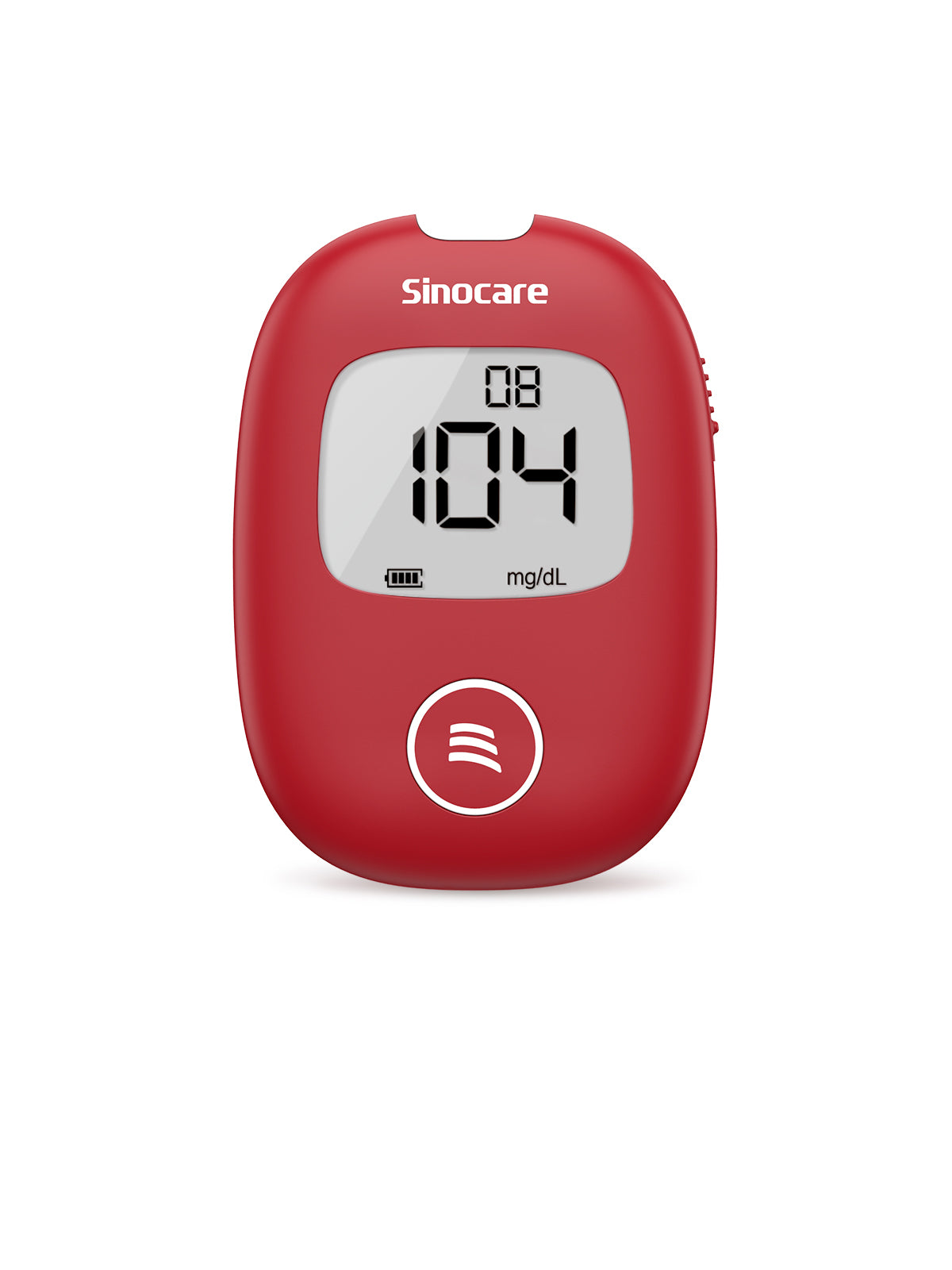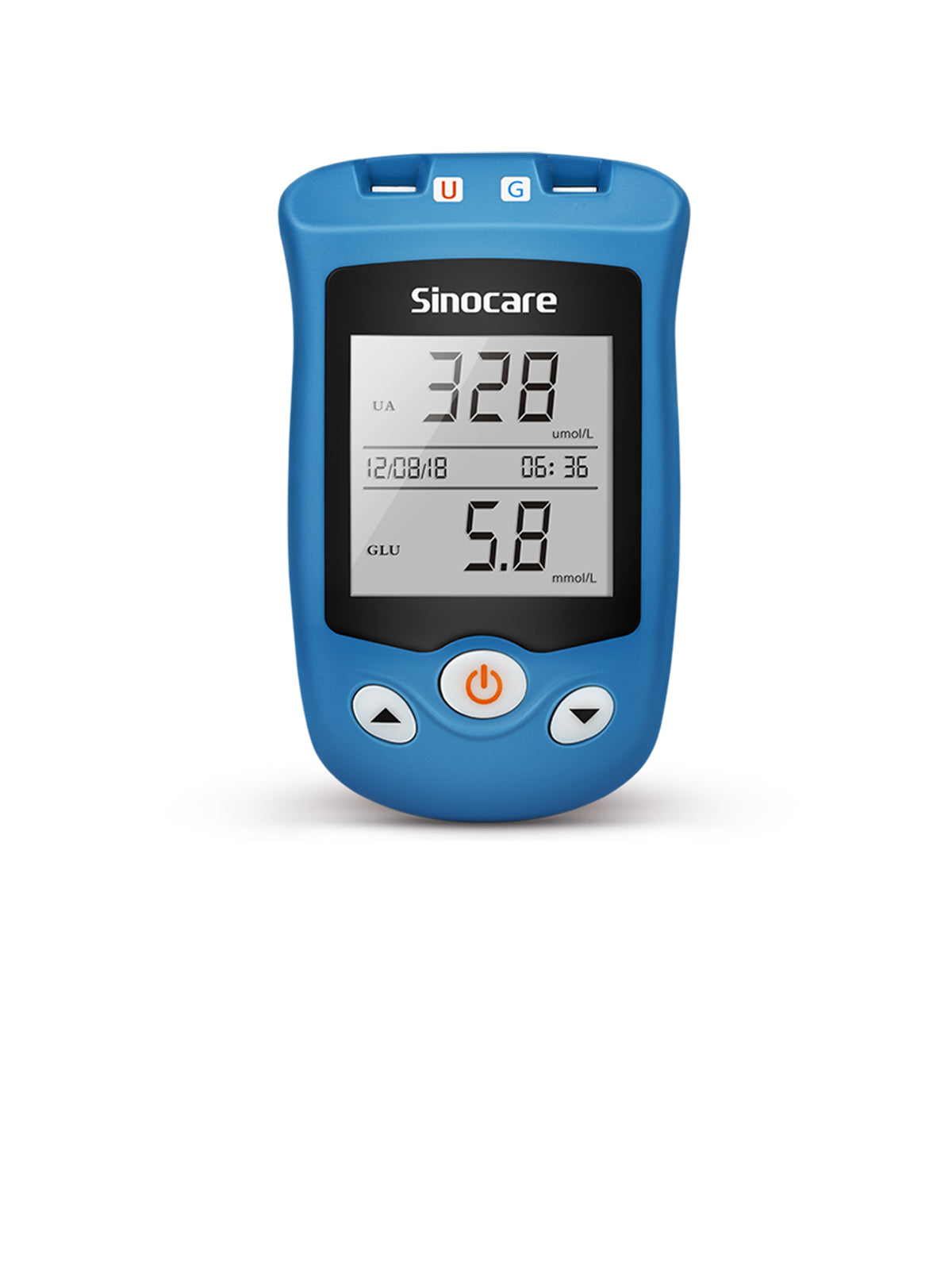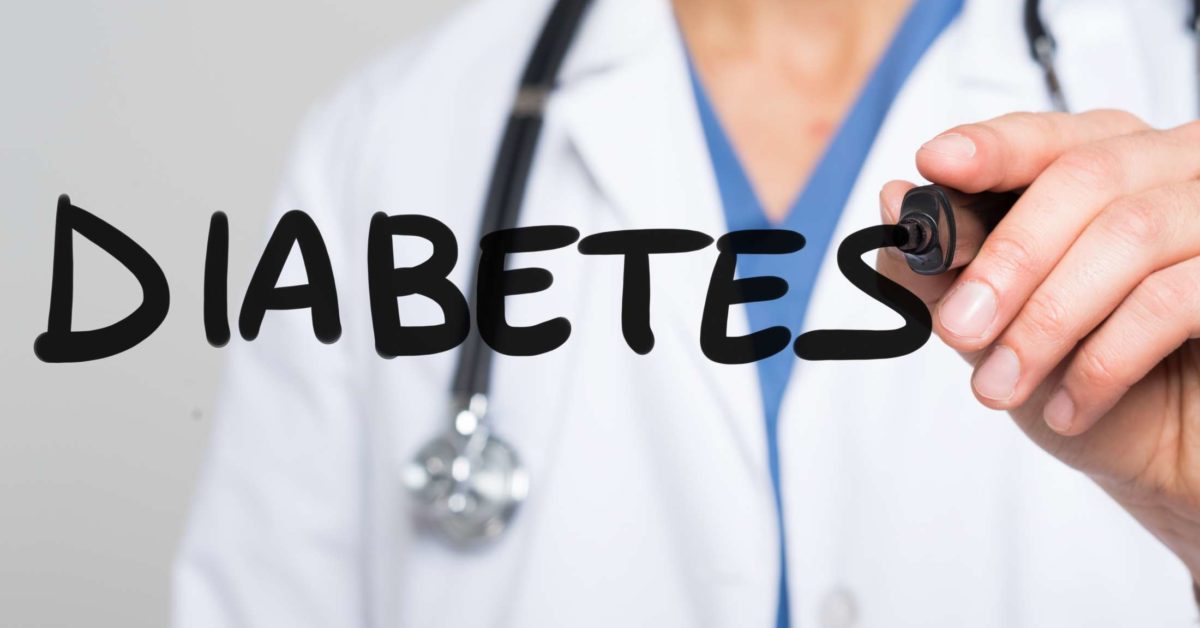Coffee is one of the most popular beverages in the world. In the world, the number of coffee drinkers is also growing rapidly, and there are countless coffee lovers. For healthy people, it’s usually a harmless perk-me-up. Can diabetics drink coffee? Does caffeine affect blood sugar? Interestingly, long-term studies have found that drinking coffee can reduce the risk of developing type 2 diabetes. Interestingly, long-term studies have found that drinking coffee can reduce the risk of developing type 2 diabetes. But oddly, many short-term studies have found that coffee and caffeine can raise blood sugar and insulin levels. This article examines the short- and long-term effects of coffee on blood sugar and diabetes.
Coffee may reduce the risk of type 2 diabetes
The health benefits of coffee are obvious. Observational studies have shown that coffee can reduce the body's blood sugar and insulin levels and prevent the development of type 2 diabetes. Additionally, regular consumption of coffee or decaffeinated coffee is associated with a 23–50% lower risk of developing type 2 diabetes. Research also shows that a cup of coffee a day may reduce the risk of developing type 2 diabetes by 4-8%. In addition, people who drank 4-6 cups of coffee a day had a lower risk of type 2 diabetes compared with those who drank less than 2 cups of coffee a day. Summary: Regular coffee consumption reduces the risk of developing type 2 diabetes by 23-50%. A cup of coffee a day reduces the risk of developing type 2 diabetes by 4-8%.

Coffee and caffeine can raise blood sugar
There is a conflicting conclusion between the long-term and short-term effects of coffee consumption. Short-term studies have found that caffeine and coffee intake are associated with increased blood sugar levels and the development of insulin resistance. A recent study showed that a type of coffee containing 100 mg of caffeine could affect blood sugar control in healthy people, but not in overweight men. Several other short-term studies (both in healthy individuals and with type 2 diabetes) suggest that caffeinated coffee affects the body's regulation of postprandial blood sugar and sensitivity to insulin. This result was not seen when drinking decaffeinated coffee, suggesting that caffeine may be responsible for the rise in blood sugar. In fact, most research on caffeine and blood sugar has focused on the effects of caffeine rather than coffee. Some studies have attempted to address this question, showing that caffeine does not affect blood sugar the same as regular coffee. Summary: Short-term studies suggest that caffeine can raise blood sugar levels and decrease insulin sensitivity.
How does coffee affect habitual coffee drinkers?
Some short-term studies have shown that drinking a lot of coffee does not increase blood sugar and insulin levels. In fact, some studies have found that drinking large amounts of coffee improves fat cell and liver function and increases levels of beneficial hormones such as adiponectin. These factors may be part of the reason for the long-term benefits of coffee drinking. One study investigated the effects of coffee on overweight non-habitual coffee drinkers who had slightly higher fasting blood sugar levels. They were randomized into three groups: 5 cups of caffeinated coffee per day, 5 cups of decaffeinated coffee per day, and no coffee. The period is 16 weeks. It was found that the participants who drank the caffeinated coffee had significantly lower blood sugar levels, while those in the other two groups did not change their blood sugar levels. After adjusting for confounders, participants who drank caffeinated or decaffeinated coffee had moderate decreases in blood sugar levels. While there will always be individual differences, the adverse effects of coffee on blood sugar and insulin levels appear to change over time.
In other words, blood sugar and insulin levels may rise when you start drinking coffee. However, after a few weeks or months of drinking coffee, your blood sugar and insulin levels may be lower than before you started drinking it. Bottom line: People who are accustomed to coffee do not appear to be affected by elevated blood sugar or insulin levels. A 4-month study showed that drinking coffee actually lowered blood sugar levels over time.
Does drinking decaffeinated coffee have the same effect?
Studies have shown that, like regular coffee, decaffeinated coffee can have several benefits for the body, including reducing the risk of developing type 2 diabetes. Since decaffeinated coffee contains only a very small amount of caffeine, unlike regular coffee, it does not have a strong stimulant effect. Also, unlike regular coffee, decaffeinated coffee was not associated with a significant increase in the body's blood sugar levels. The results support the hypothesis that caffeine may be responsible for the short-term rise in blood sugar levels in the body. Therefore, drinking decaffeinated coffee may be a good choice for people whose blood sugar rises after drinking coffee. Summary: Unlike regular coffee, decaffeinated coffee was not associated with increased blood sugar and insulin levels. Decaffeinated coffee may be a better option for those with blood sugar problems.
How can coffee raise blood sugar while still lowering the risk of diabetes?

There's an obvious starvation paradox here: coffee raises blood sugar in the short term, but reduces the risk of developing type 2 diabetes. The exact mechanism is unknown. However, researchers have come up with a few hypotheses:
Here's one explanation for the short-term negative effects of drinking coffee: Adrenaline: Coffee raises the body's levels of adrenaline, which may raise blood sugar levels for a short period of time. Additionally, here are a few possible explanations for the long-term benefits of coffee drinking: Adiponectin: Adiponectin is a protein that helps regulate blood sugar levels. People with diabetes tend to have lower levels of adiponectin in their bodies. And people who are accustomed to drinking coffee have higher levels of adiponectin in their bodies. Sex hormone binding globulin (SHBG): Low levels of SHBG are associated with insulin resistance. Some researchers believe that drinking coffee can increase the body's SHBG levels, so it may help prevent the development of type 2 diabetes.
Other ingredients in coffee: Coffee is rich in antioxidants. These may affect blood sugar and insulin levels, reducing the potential adverse effects of caffeine. Tolerance: It seems that over time, the body becomes caffeine tolerant and becomes more tolerant of changes in the body's blood sugar levels. Liver function: Coffee reduces the risk of nonalcoholic fatty liver disease, which is closely related to insulin resistance and type 2 diabetes.
In conclusion, coffee may promote the occurrence of diabetes, and may also inhibit the occurrence of diabetes. However, the antidiabetic effects of coffee seem to outweigh the pro-diabetic effects for most people. Summary: There are several different theories about the short- and long-term effects of coffee on the body. However, for most people, coffee reduces the risk of developing type 2 diabetes.
Gist
Although the exact mechanism is unclear, there is substantial evidence that drinking coffee reduces the risk of developing type 2 diabetes. On the other hand, short-term studies have shown that coffee can raise blood sugar and insulin levels. It should be noted that coffee may have different effects on different people. Patients with diabetes or abnormal blood sugar need to monitor their blood sugar levels to see how the body's blood sugar and insulin levels respond to coffee. For people who drink regular coffee can raise their blood sugar levels, decaffeinated coffee is a better choice. Finally, you have to do some self-experimentation to see which is right for you.










Leave a comment
All comments are moderated before being published.
This site is protected by hCaptcha and the hCaptcha Privacy Policy and Terms of Service apply.